TF–21
On September 29, 1914, the merchant Abraham Abraham sent a package of food supplies to Jacob Schneller on the Western Front. In the surviving accompanying letter to his Christian friend, Abraham wrote that God may help the „righteous German cause“ to a speedy victory. Abraham’s hopes for a quick end to the war, which was only a few weeks old, were soon dashed. His son Sigmund had also been drafted, like all Lorsch men fit for military service, and was seriously wounded. Three Lorsch Jews fell at the front, three of four brothers from the Guthof family who fought in France. Lorsch Jews were also in action on the Eastern Front. The shoemaker Abraham Lorch from Stiftstraße wrote from the river Memel to Eduard Rohrheimer, who had been wounded and was staying in Lorsch. Some of the Lorsch Jews were taken prisoner, probably longest of all Alfred Lorch, who in 1919 still sent a picture postcard from the English camp Handforth near Manchester to an uncle in Johannesburg. The patriotism shown by the German Jews was poorly rewarded. As the war wore on, anti-Semitism spread, and there was talk of „shirking.“ An investigation by the War Ministry, which was kept secret until after the end of the war, proved the opposite: at over 17%, proportionally more Jews than non-Jews (16%) were called up for military service. According to an endowment by Reich President Paul von Hindenburg, all front-line fighters received the Cross of Honor starting in 1934. The Jews among them thought at that time that this subsequent award – even signed by Hitler after Hindenburg’s death – would protect them from the onset of Nazi persecution, which unfortunately turned out to be a fatal misconception. This was also the experience of Leopold Kahn, whose wife had sent his medal to Buchenwald concentration camp in November 1938.
